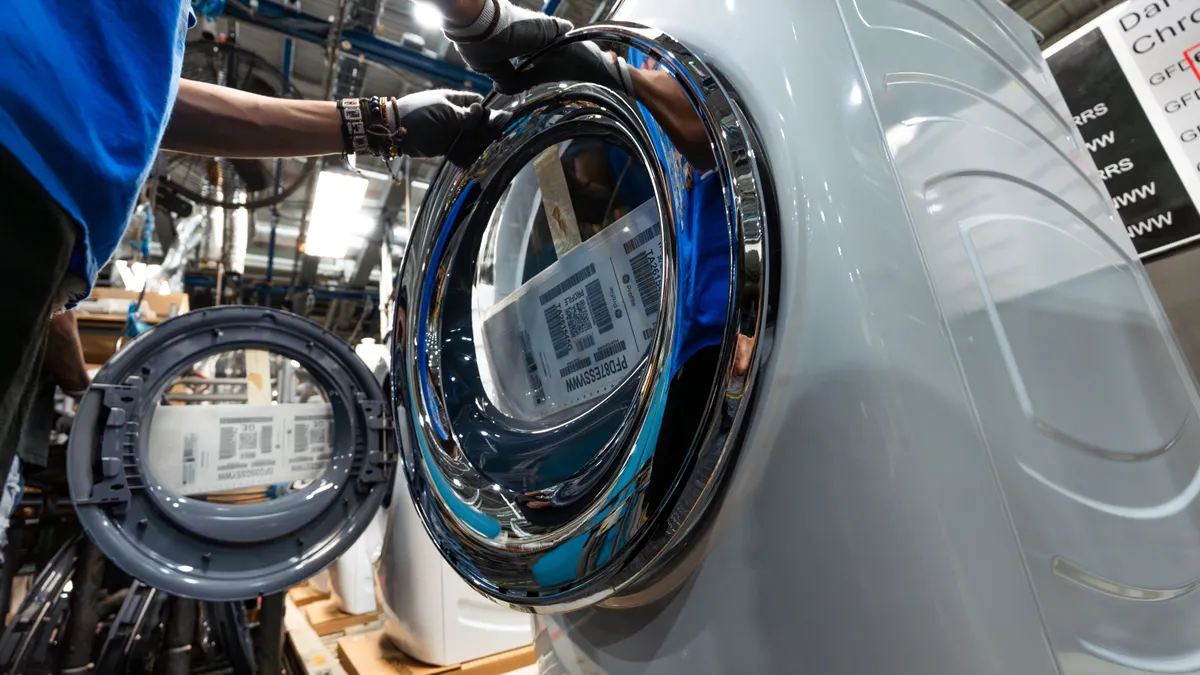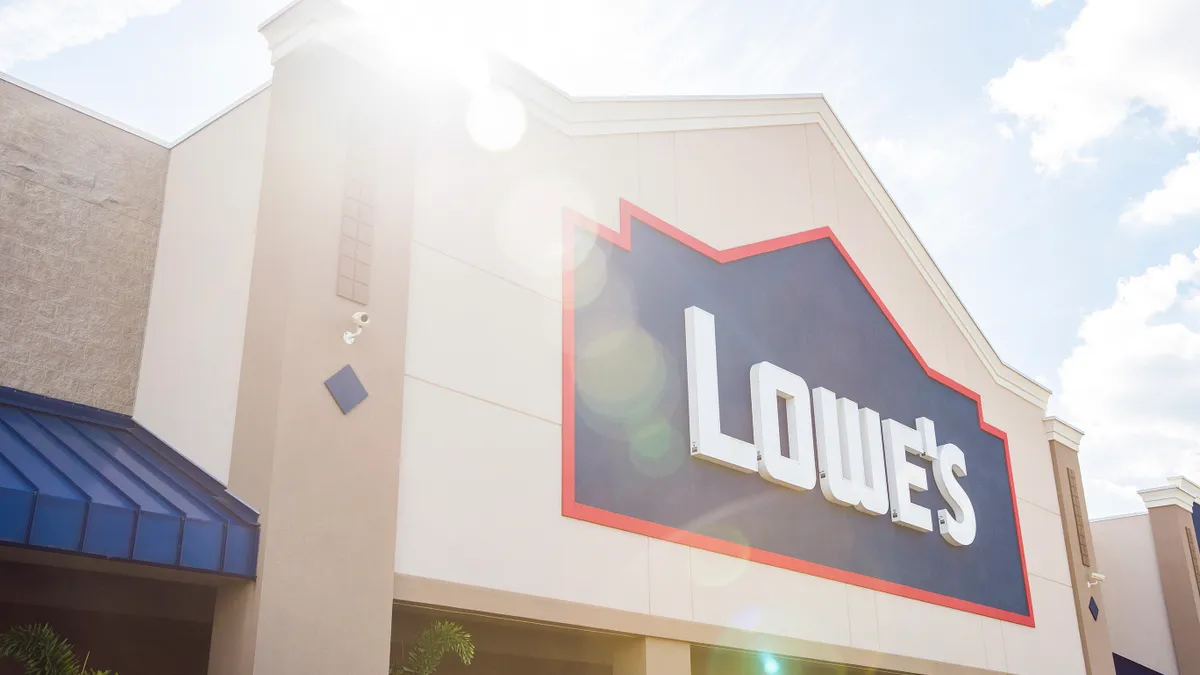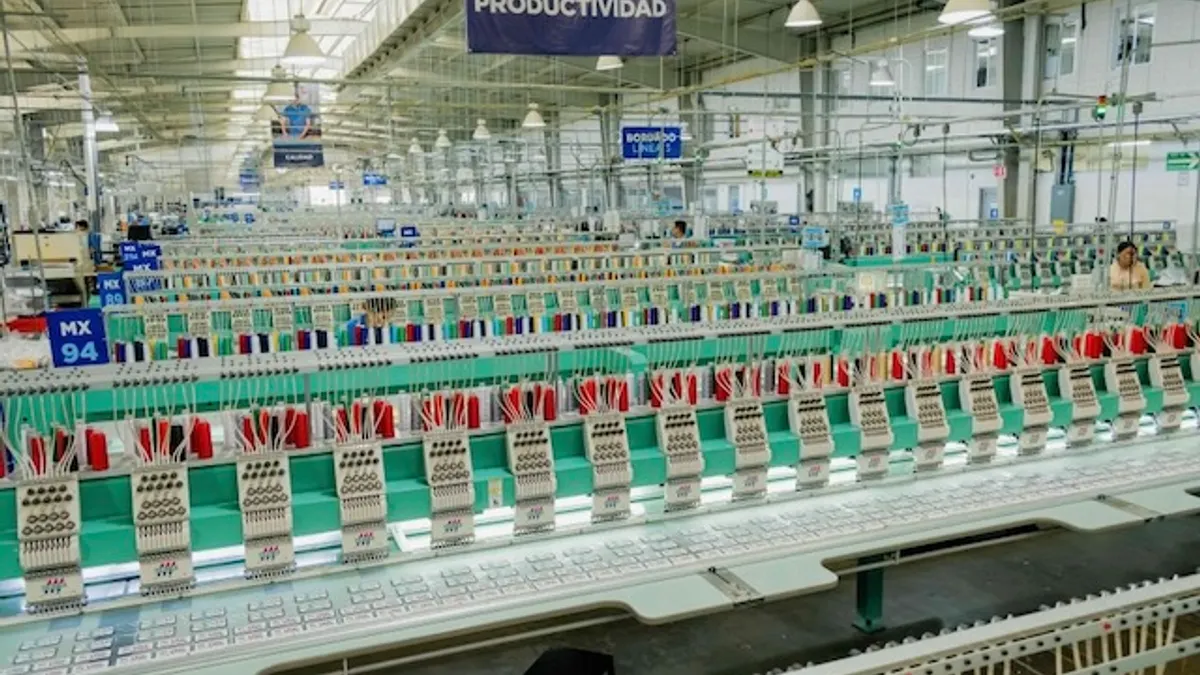Hundreds of suppliers are left in the lurch after Toys R Us filed to liquidate its operations last week. The retailer had a dreadful holiday season and filed for Chapter 11 bankruptcy last fall.
According to RapidRatings data, Toys R Us had good capital structure efficiency (i.e., managed its resources well), but buckled under heavy debt and a lack of innovation to keep up with the e-commerce age.
Toys R Us' two biggest suppliers, Hasbro and Mattel, provide a decent snapshot of what to expect from Toys R Us' supply chain as the failed toy retailer liquidates in the coming months.
RapidRatings CEO James Gellert calls Hasbro and Mattel "the tale of two companies: you've got one that’s financial healthy and one that’s not. And the financial health rating is a very good proxy to see how well they’ll withstand a shock."
Toys R Us' current financial health rating (FHR) is at 32 (very high risk), while Hasbro's is 89 (very low risk) with Mattel clocking in at 27. Both suppliers will be hit hard by Toys R Us' liquidation, but Hasbro will likely bounce back more quickly, simply because it manages its debt better and has a more stable cash flow.
Furthermore, Mattel has more debt, and takes about 84 days to collect payments from customers while paying suppliers in about 62 days, which means its cash flow and asset turnover rate is in far worse shape than Hasbro's.
"The backdrop is over the last five to seven to eight years, investors have needed to chase yields and invested in weaker and weaker companies, because the weaker the company, the higher interest rate you can charge them," Gellert told Supply Chain Dive. "So now that’s created a universe of weaker companies."
But neither the federal government nor investors can keep weak companies afloat forever (just note the dot-com bubble and the 2008 financial crisis and subsequent recession). In the retail world, the retail apocalypse of bankruptcies has just begun, and it's likely to prompt a bout of supplier bankruptcies.
Mattel, in particular, will be in a high-risk position over the next 24 months, according to Gellert.
"So over the next few years you’re going to see rates rise and more volatility in the market, and see companies refinancing or not be able to refinance at all and have to be bought or restructured, putting pressures on the supply chains that rely on them," Gellert said. "I think Mattel is a fantastic example of that. The market is already discounting their ability to refinance."
Not only that, but the GOP tax law — frequently heralded as good for American business — may not help all companies along any supply chain, including Mattel. In fact, the law could make it harder for companies with a larger debt burden to refinance, placing them at greater risk. Companies relying on them for business should pay attention.
"The tax law saving companies money is really only important for companies making money," Gellert said. "If you’re losing money, you aren't getting any benefit from paying less income tax."
As a result, it's becoming increasingly important for suppliers to pay close attention to their customers' financial health — especially those in retail — because investor activity or stock market price is not always a reliable gauge.
"There are elements that mirror 2008 and 2000," Gellert said. "Just because their stock prices are high for public companies does not mean that they’re strong or strengthening, many of them are weaker and the stock market is willing to look past that because there’s momentum, and the stock market loves momentum."
As for Toys R Us' suppliers, the jury's still out on how all of them will be affected, especially since Toys R Us was putting a lot of strain on them last fall and holiday season.
"I’m certainly hearing of a lot of the smaller suppliers having to lay people off in real scramble mode," Gellert said. "This is a classic example of one company goes under, and that’s going to put strain on its supply chain. The supply chain of Toys R Us is that much weaker, and it’s going to cause its weaker suppliers to fail and affect those others they sell to."





















